Public sector education and collective bargaining
JERRY CARBO, VIET DAO AND IAN LANGELLA, SHIPPENSBURG UNIVERSITY, USA
Abstract: The recent attacks on public education and the related public sector collective bargaining rights of faculty and teachers have been touted as necessary to balance state budgets and to address the debt problems in the United States. However, these policies have little to do with creating a sustainable economy or any level of social sustainability. Instead, these policies will lead to a destructive economic environment which will drive us further from the goals of social and economic sustainability. The direct cuts to the funding of education at all levels will lead to the potential loss of trillions of dollars to the US economy (OECD Report). The cuts to education will lead to a less educated workforce that is less prepared to engage in the innovation that is needed to create sustainable options for organizations (Becker, Carbo and Langella). These cuts will also lead to further private sector infringement on the research and education that is provided within the academic setting. Further, the cuts to the middle class faculty members and teachers will lead to greater levels of inequality – levels that have been shown to create a destructive, rather than sustainable environment (Wilkinson and Pickett). In order to create a sustainable economy and society, we must invest in education (Stiglitz) and we also must enact labor policies that will assure that workers’ rights are upheld and that the American worker will share in the productivity gains related to their labor. Educational investment will lead to sustained economic growth and a workforce that will be more prepared to innovate in ways that will lead to more sustainable business operations. Further, pro-labor policies and the protections of faculty and teachers CB rights will protect the integrity of the educational system, thus supporting the development of critical thinking skills necessary to innovate. Such policies will also assure a fairer distribution on economic resources and create a more sustainable economic system.
Keywords: Labor Relations, Public Education, Socially Sustainable Systems, Sustainability, Public Policy.
